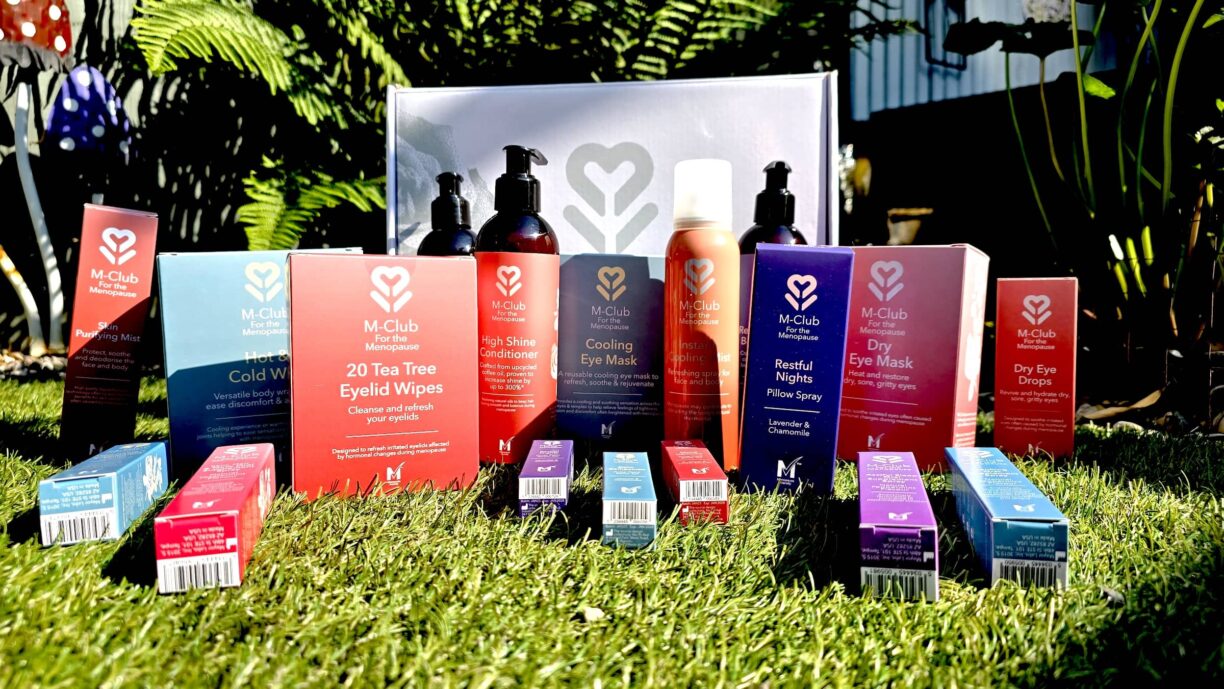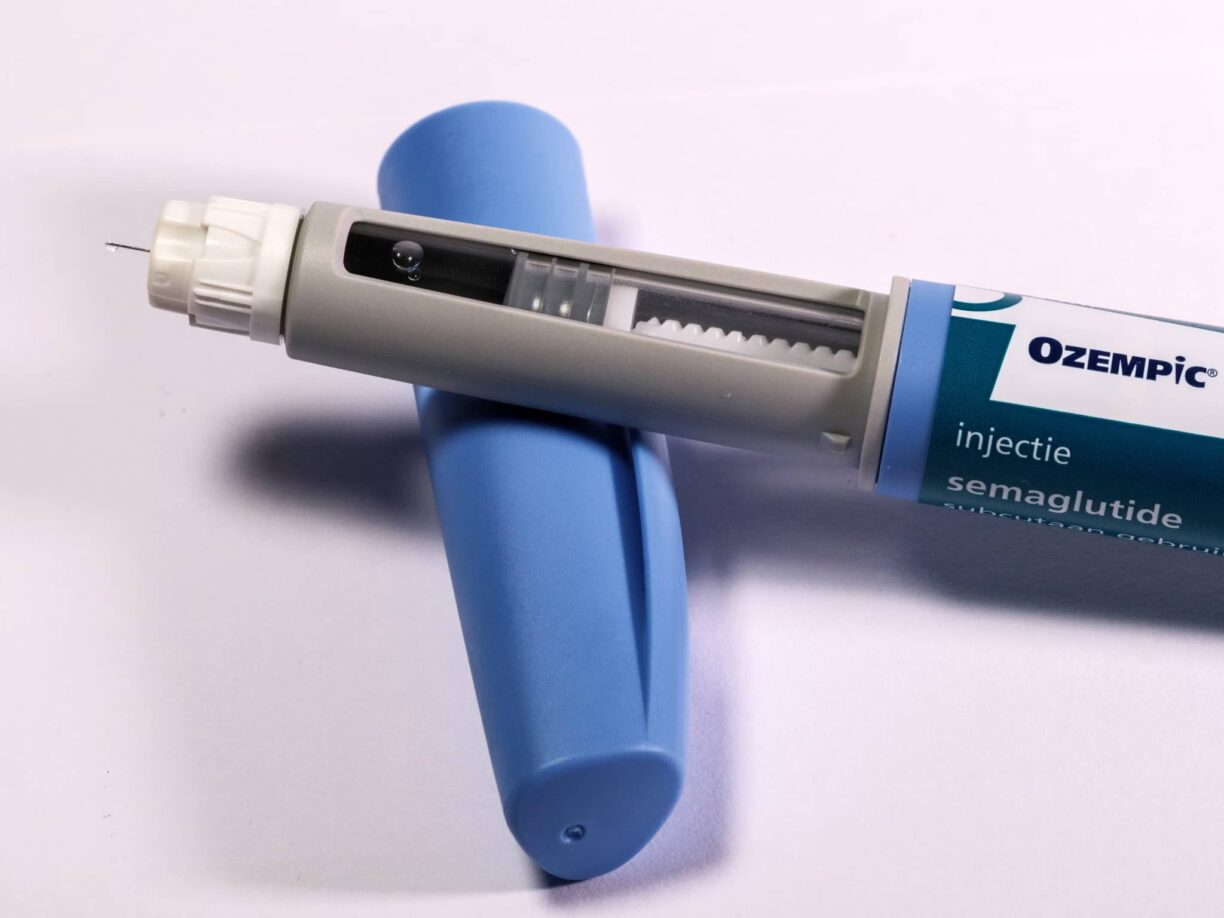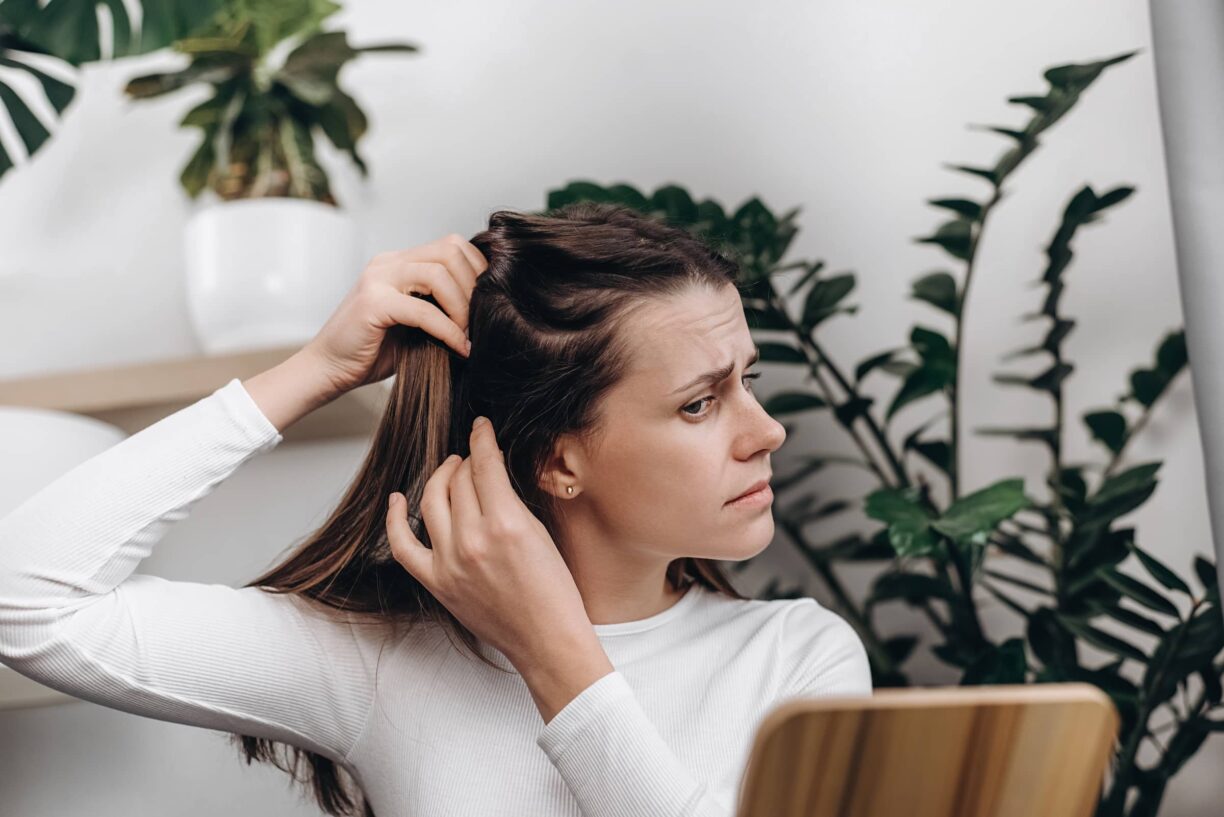Nose breathing might sound about as exotic as tying your shoelaces, yet a growing stack of research says the simple choice of how you inhale can separate sweet dreams from medical drama. After all, every night is a high-stakes audition for oxygen, and your schnoz is built to steal the show.
Snoring Isn’t Just Annoying—It’s a Red Flag
If your bedroom soundtrack resembles a chainsaw solo, you may be flirting with obstructive sleep apnoea (OSA). That stop-start breathing pattern—part snore, part choke—briefly blocks the airway and spikes blood pressure.
A University of Warwick review pooling 18 studies linked OSA with higher in-hospital complications during serious illness, underscoring that what happens between the sheets doesn’t always stay there.
The Science Behind the Snort
OSA drags the body through repeated oxygen dips, nudging your nervous system into fight-or-flight mode and dishing out higher odds of hypertension, stroke and arrhythmia. Fresh data even ties untreated OSA to irregular heartbeats in otherwise healthy adults.
Why Nose Breathing Matters
Your nose isn’t just face décor; it’s a full-service filtration plant. As breathing coach Tim Ives puts it:
“Our nose is a very effective natural filter and does a great job at keeping many airborne viruses at bay. Our noses filter 98% of bacteria and allergens, so breathing through our noses is recommended if you’re looking for protection.
Keeping your lips zipped at night also delivers a dose of nitric oxide (NO)—a gas your nasal passages whip up on demand. NO opens blood vessels, boosts oxygen uptake by up to a quarter and owns a rap sheet of antibacterial heroics.
Mouth Breathing’s Domino Effect
- Cardio Chaos – Habitual mouth breathers show higher resting heart rates and elevated blood pressure. Switch to the nose and those readings trend south.
- Mucous Mayhem – Your sinuses churn out roughly two pints of mucus daily. Nose airflow sweeps it along; mouth breathing leaves it to stagnate, inviting bad breath and ear infections.
- Blunted Senses – Blocked nasal passages dull smell and taste, tipping appetite cues into the ditch.
- Brain Fog – Fragmented sleep from OSA slams concentration, mood and reaction time. Long drives and heavy machinery don’t mix well with micro-naps.
Training Camp for Better Breathing
- Clear the runway: Use a saline or xylitol spray morning and night to loosen gunk and shrink swelling.
- Tape lightly at bedtime: medical paper tape prompts a subconscious lip seal.
- CPAP or mandibular device: Keeps the airway open for diagnosed OSA.
- Daytime drills: Humming, chewing sugar-free gum and practising diaphragmatic breathing strengthen nasal airway muscles.
Product spotlight: Xlear Nasal Spray uses xylitol and grapefruit seed extract to rinse away would-be invaders and keep tissue moist.
It’s non-GMO, safe for daily use and can tag-team with allergy or cold meds. Regular users report fewer respiratory flares and faster bounce-backs after bugs hit. Always follow package directions and chat with a professional if symptoms linger.
The Nitric Oxide Advantage, Explained:
- Vasodilation: Opens vessels, trimming diastolic blood pressure.
- Oxygen Efficiency: Increases O₂ absorption by 10–25%.
- Immune Boost: Disrupts bacterial and viral replication on contact.
- Athletic Edge: Improves muscular endurance and recovery.
Bottom Line
Snoring isn’t just a punchline—it’s a postcard from your airway begging for change. Cultivating the simple habit of nose breathing can dial down the nighttime noise, protect your ticker and sharpen your mind the next day.
Your bed partner will thank you, your heart will thank you, and you might finally hear the sound of silence—sweet, unobstructed silence.





